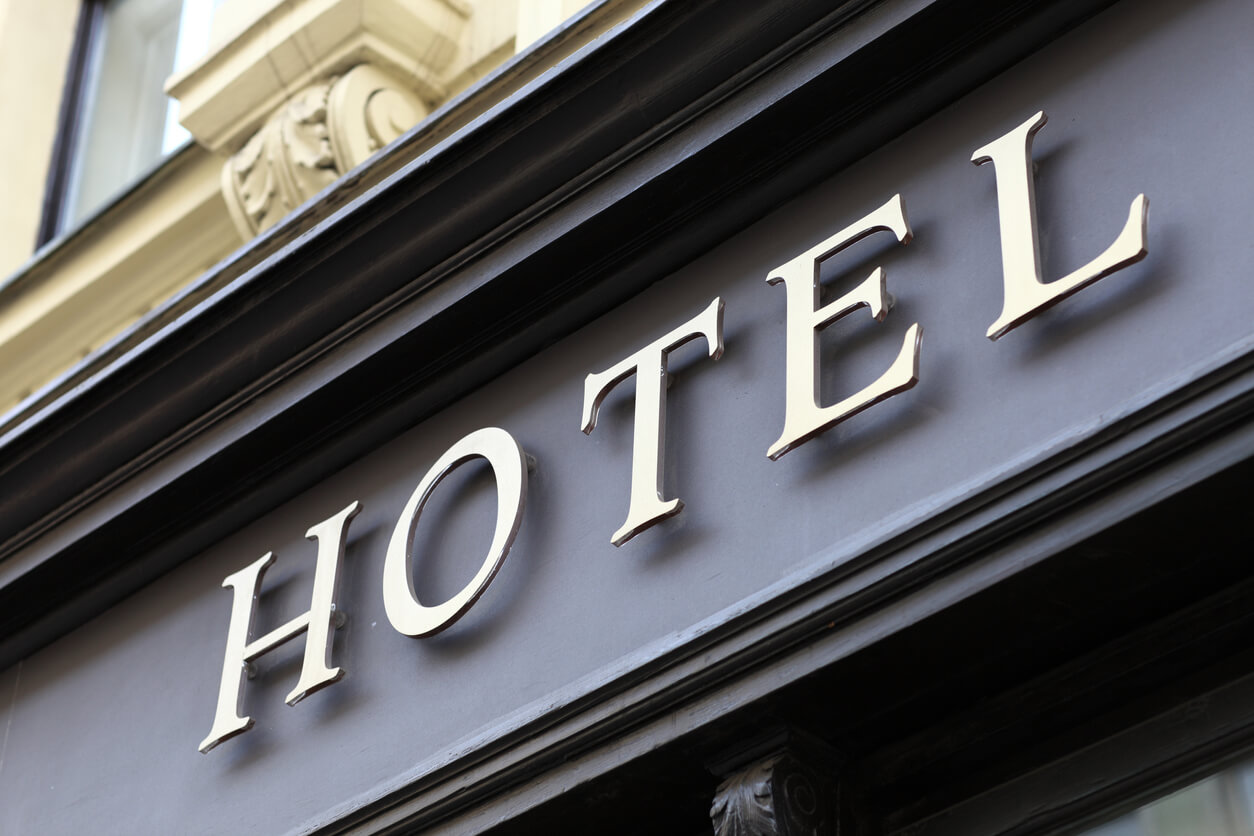Should you go into hospitality as your primary business? Or is it a side gig? The answer largely depends on what kind of sacrifices you’re willing to make. Based on our research, running a successful hotel business comes with an operating cost that can exceed the revenue brought in from guests. However, running a successful hospitality business requires more than just expertise in accounting and budgeting.
Running a successful hospitality business requires sound strategic planning, detailed market research, the right pricing strategy and the ability to run everyday operations smoothly while maintaining a workable balance between home life and work life. Read on for insights into how to run a successful hospitality business as an entrepreneur.
Get to know your market well
As a hospitality entrepreneur, your primary goal is to build a profitable business. Therefore, you need to understand the market you’re operating in. Do research on your competition, customers, and the industry as a whole to understand your customer’s needs and help them find you. This will enable you to provide them with a better experience. Experience is one of the most important assets in the hospitality industry, and you can’t control it if it isn’t done right.
Therefore, you need to make sure that your experience provides the best benefits to your customers. Your market research can be done in many ways. You can do surveys, ask your customers if they’re satisfied with the service you provide, ask your employees for feedback, and more. This research will help you understand your market.
Additionally, you can also consider market segmentation. You can segment your market based on the different customer needs and the different price points that each segment can afford. This will help you create different products and pricing strategy for each segment. Furthermore, you can also conduct competitor analysis to understand your market better. Doing so will help you understand the strengths and weaknesses of your competitors, and this information can be used in your marketing strategies.
Be transparent about pricing
When people first enter the hospitality industry, they often assume that prices will be kept low or artificially inflated. However, this is not the case. You need to be transparent about your pricing strategy from the start. People often assume that they can inflate their prices, but this is not true. If you do, you’ll receive unhappy customers who will leave and spread negative reviews online.
If they find out your real prices and their expectations are unrealistic, you’ll end up losing more customers than you would’ve had in the first place. Start by listing all of your expenses on a transparent spreadsheet. This will help you be transparent about your pricing model and not hide anything. Next, list all of your prices and all of your expenses. If you want to sell something, then add it as an expense. This will help you be more transparent about your pricing strategy and make sure that you don’t hide anything.
Always use a fixed rate for booking
When you accept reservations, it’s best to always offer a fixed rate. The reason for doing so is simple. You don’t know what your guests’ expectations are for the stay. For example, if you offer a rate of $115 per night, your guests might expect to pay $130 per night. However, if you charge $115 per night, your guests might walk out of your business frustrated because they thought they would pay a lower amount.
This happens because guests have expectations about the price for their stay, and once those expectations are met, they appreciate the experience even more. If you want to avoid this issue, always offer a fixed rate for your bookings. When you accept reservations, offer a fixed rate of $115 per night, $130 per night or any other amount that is clear and transparent. It’s better to charge a higher rate than to ruin people’s stay with high expectations.

Includeincalculated fees in your pricing strategy
In addition to your overall price, you also need to include calculated fees in your pricing strategy. The reason for doing so is simple. If you don’t, your pricing may be too low for your industry, and you might lose a lot of potential customers because of it. Calculated fees are fees that you set for specific situations, like valet parking, Wi-Fi, cleaning fees, etc. If your guests charge these fees frequently, you need to charge them.
However, if they’re not going to charge the fees, you don’t need to charge them either. This way, you keep your pricing strategy at a reasonable level, and your guests are happy. When you set prices, set a price that’s reasonable for the experience you provide. If your guests frequently charge valet parking fees or other fees, add them to your pricing strategy to avoid losing potential customers.
Stay organized and be on top of your daily operations
Running a successful hospitality business requires more than just expertise in accounting and budgeting. You have to have a strong brand presence, experience, and market knowledge. These are just a few of the many daily operational practices that you have to stay organized and be on top of if you want to run a successful hospitality business. Organizing your business will help you stay present, focused, and productive.
When you’re running a successful hospitality business, you’re also running a 24/7 business. Therefore, you need to stay organized and be on top of your everyday operations. Daily organization will help you stay focused, present, and productive. Give yourself a specific amount of time to read and a specific amount of time to write. This will help you stay on top of all of your daily operations. When you’re running a successful hospitality business, you need to stay on top of your organization and daily operations. These practices will help you stay organized, focused, and present.
Have a strong brand presence
The final step to running a successful hospitality business is having a strong brand presence. This isn’t just about having a logo. This is about building a memorable brand that people associate with you and your company. A strong brand presence is about more than just having a logo or business card. It’s about having a memorable name, logo, website, social media profiles, and more. A strong brand presence is about more than just having a logo or business card. It’s about having a memorable name, logo, website, social media profiles, and more.
When you’re running a successful hospitality business, your brand presence needs to be strong. A strong brand is more than just having a logo or business card. It’s about having a memorable name, logo, website, social media profiles, and more. A strong brand is more than just having a logo or business card. It’s about having a memorable name, logo, website, social media profiles, and more. A strong brand is more than just having a logo or business card. It’s about having a memorable name, logo, website, social media profiles, and more.
Bottom line
Running a successful hospitality business requires more than just expertise in accounting and budgeting. You have to have a strong brand presence, experience, and market knowledge. All of these are just a few of the many daily operational practices that you have to stay organized and be on top of if you want to run a successful hospitality business.
And, of course, all of these are just a small glimpse into what it takes to successfully run a hospitality business as an entrepreneur. There is no one path to success in hospitality. Success will come to those who are willing to make the most sacrifices, develop the best strategies, and adapt to the challenges that come with running a successful hospitality business.

























